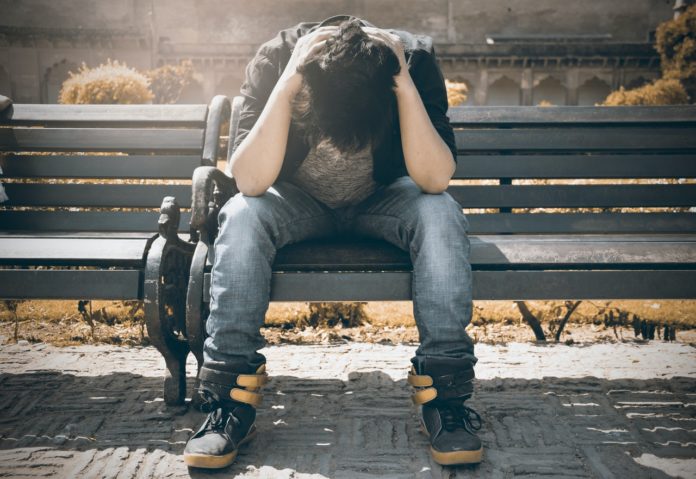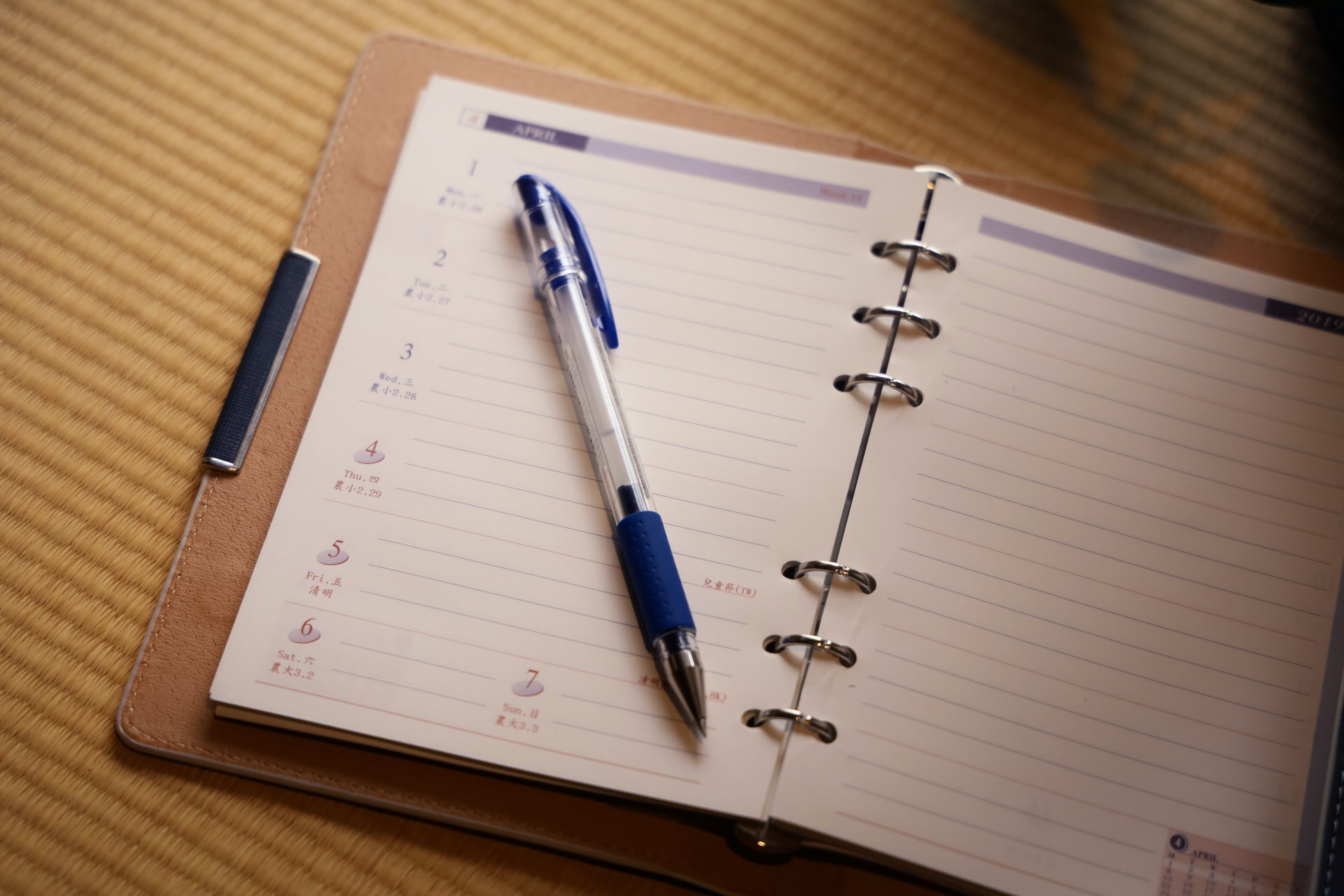Approximately 2 million Americans struggle with an opioid use disorder. Addiction has a funny way of finding you. Even if you have never abused illegal substances, sometimes prescription pills push you into this wagon. In a traditional hospital, setting opioids make for excellent painkillers. If you’re dealing with chronic pain or wheeled out of surgery and expect a healthy dose to come your way.
While the pills can help with the pain, the influx of dopamine can also make you severely dependent on the medicine. What starts as treating an ailment becomes using the medication recreationally. Therefore, stopping this drug is not easy and leads to intense withdrawals. Unless you know how to ride the waves, there’s a chance you may relapse. But with so many hands reaching to help you out, you can beat this condition and live life without its intervention. To help you back on your feet, here’s what you need to know:
1. Check Into Rehab
The sound of going into rehab is intimidating for many and also a thought a few like to entertain. However, rehabs are wellness centers with the appropriate tools to help you. Places like Delphi Health Group have appropriately trained staff to recognize signs and symptoms of withdrawal. So anytime you feel nausea, start trembling or get an onslaught of anxiety. They will help you. Detoxing alone is dangerous and can push you to abuse opioids again.
However, while you’re at rehab, you’ll be carefully monitored, allowed to rest immensely, and learn ways to cope with the symptoms. At certain stages of your detox, you may also need medication to ease the intensity of withdrawals. Medications like methadone only work if you get the correct dosage at the right time. So while you’re fighting off waves of painful cramps, a rehab staff member can help you take your medication and ease your struggle.
2. Ease Off The Medication
Addiction is like driving a speeding car. If you hit the brakes suddenly, you risk damaging your vehicle and injuring yourself. Your body is the same. Since you have a dependency on opioids, taking away the source suddenly will make withdrawals harder. Gradually going off the medication and lowering the dosage is the way. You’re letting your body adjust to the new change without letting it retaliate in return.
Depending on your addiction, a physician will recommend a good route for you, which helps to reduce your dose safely. It is also imperative when you go in for routine checkups or have to get a procedure done. You mention your option addiction, so they don’t accidentally prescribe you the medication. There will come the point where you can function safely without the pills and when it’s okay to discard them altogether.
3. Try To Sleep
One of the symptoms of opioid withdrawal is insomnia. But this is a curable condition. If you struggle with insomnia, you need to seek a doctor and start looking into therapeutic sessions to help you focus on getting rest. A part of insomnia treatment is to make a sleep schedule for yourself and a routine to back it up. It would help if you tired yourself as much as possible by limiting caffeine, not taking naps, and staying active.
It would help if you also avoided large meals and used your phone a few hours before hitting the sack. Helping your biological rhythm get back on track is vital to fighting withdrawals. It gives your body rest from the effects of the drug, which gradually reduces the hold it has on you. Sleeping also helps you fight cravings, so your body can heal the few hours you get some shut-eye.
4. Go For Alternative Therapy
Therapy is not limited to you talking to a professional and trying to work through your mental health. Other forms of treatment provide you relief and comfort once you engage in them. For example, meditation, massage, and acupuncture help you find your balance by focusing on your pressure points and opening nerve blocks.
When energy starts flowing through you, it can help you control pain and make you feel better. Massage also encourages blood flow which helps in reducing inflammation and enhances healing. Opioid withdrawal also causes your muscles to tighten. Regular massages, acupuncture, guided meditation, and stretches can help you loosen them up.
5. Drink Plenty Of Fluids
Withholding drugs can leave you dehydrated. The residual effects of drugs can drain your body of water, making you thirsty. Withdrawal symptoms also don’t make the process easier. You may be vomiting, sweating, and even using the bathroom frequently. Some withdrawal symptoms can also give you diarrhea.
Consequently, your body is losing more water than it should, and you need to maintain the water level in your body. However, drinking water alone is not enough. You need oral rehydration therapy by consuming fluids rich in electrolytes. These include energy drinks and dissolvable sodium-glucose liquids. Hydration also makes it easier to tolerate pain and lets your body maintain its temperature necessary for metabolic activities.
6. Use Implant Devices and Stimulations
Chronic pain is not easy to manage without pain killers. But when you’re in recovery, you can’t risk a relapse. In such cases, you can look into implants or small devices that can relieve muscle spasms through vibrations. Percussion therapy can also help your body deal with built-up tension. The stimulation these devices provide can block out pain and help you get rid of spasms. A doctor may also instruct you to try hydrotherapy under the supervision of a physiotherapist if you have inflamed joints and swollen feet.
Final Thoughts
Recovery is a long and difficult road, but you will be in good health with the proper guidance. Opioid leaves disaster in its wake and can lead to heavy addiction, but help is available. You should check into a rehab facility to allow professionals to take care of you and ease the process of detoxing, which can be dangerous alone.
Don’t stop taking painkillers immediately. Your ideal method of controlling dependency is gentle weaning off the drugs. Try fixing your sleep schedule and seek help if you’re experiencing too many sleepless nights. Your doctor can also help you by providing alternative therapy to ease any pain your body may be under. Make sure you drink fluids and try meditation to help your body deal with withdrawals. Finally, cleaning all possible sources of your addiction can help you stay on track.










